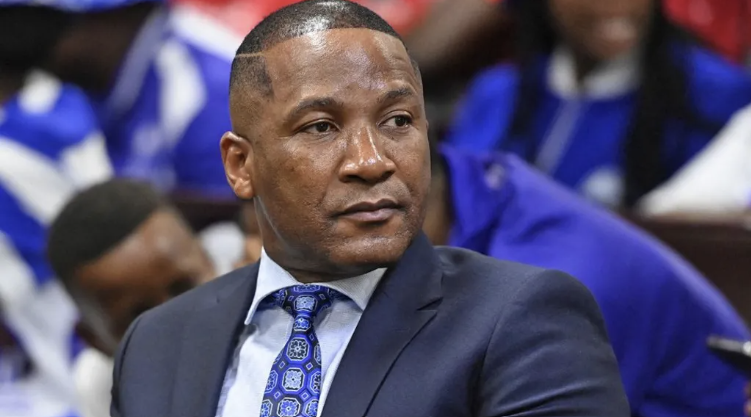Botswana has declared a national public health emergency following severe shortages of essential medicines and medical supplies, President Duma Boko announced in a televised address on Monday.
The president, who took office after a historic election victory last year, unveiled a multimillion-dollar plan aimed at stabilizing the country’s strained health sector. The initiative, backed by the military for logistical oversight, includes 250 million pula (£13.8m, $18.3m) in emergency funding approved by the finance ministry.
“Managing the shortages will be highly price sensitive due to our limited coffers,” President Boko told the nation, pledging nonstop efforts to repair the procurement chain.
Botswana, home to 2.5 million people, has been hit hard by a slump in the global diamond market, undermining its economy and driving unemployment and poverty levels higher. The situation has been worsened by cuts in U.S. aid, which once funded nearly a third of Botswana’s HIV response, according to UNAIDS.
Earlier this month, the Ministry of Health admitted it was facing “significant challenges,” including debts exceeding 1 billion pula (£55.2m). Many of these costs stemmed from patients being referred to private hospitals for treatments unavailable in the public system.
Health Minister Dr. Stephen Modise outlined acute shortages of medicines and supplies critical for treating cancers, tuberculosis, and HIV. He confirmed that elective surgeries and non-urgent procedures, including organ transplants, had been temporarily suspended due to the crisis.
Despite the setbacks, Dr. Modise expressed optimism: “I have no doubt that soon, very soon, we will overcome. This is definitely not insurmountable.”
As part of the emergency plan, military trucks began transporting supplies from the capital, Gaborone, to remote areas on Monday evening, Reuters reported.
The crisis has drawn concern from international organizations. UNICEF urged urgent action to safeguard the wellbeing of children, warning that “malnutrition is a daily struggle” in communities such as D’Kar.
President Boko, a 55-year-old Harvard-trained lawyer, has vowed to diversify the economy beyond diamonds while stabilizing health and social services. “The work shall remain nonstop until the entire value chain of procurement has been fixed,” he assured citizens.

